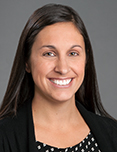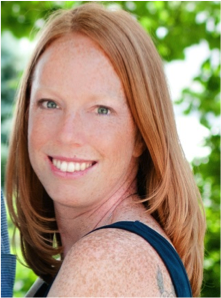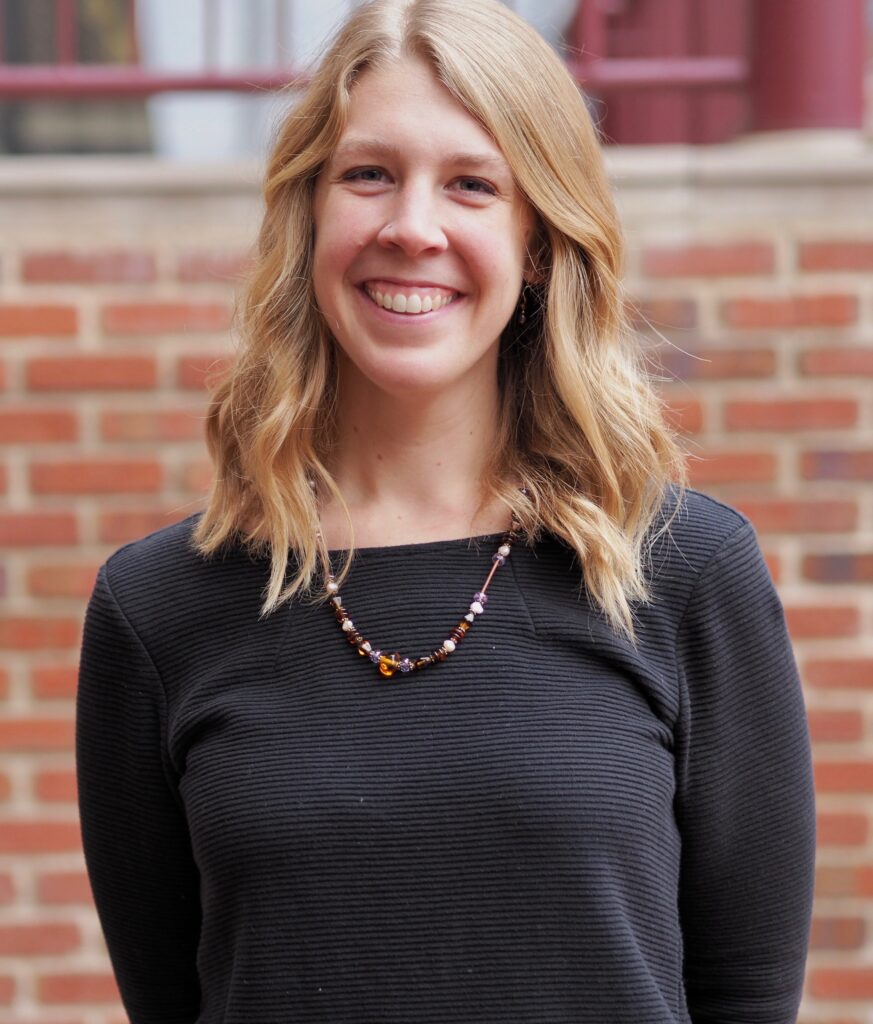Is your organization ready to engage young people in your prevention work? Could the framework of social justice youth development add to your planned or existing work with and for youth? This 2-part series builds on highly attended and well-received previous webinars hosted by the SE PTTC and responds to requests for additional practice-oriented and interactive content.
The first workshop in this series will introduce participants to characteristics of organizations that serve as a strong foundation for youth engagement. Participants will then examine their own organizational capacity and readiness for youth engagement. After this, participants will be invited to discuss with others' ideas for advancing characteristics to include and strengthen youth voice within their own settings. The workshop will close with an introduction to social justice youth development theory as a model for how to deepen practice with and for young people.
In the second workshop, we invite participants to learn more about the social justice youth development framework and we will focus on how to identify and address unequal distributions of power in youth-adult relationships. The workshop will close with reflection and discussion, tailored to participants’ own level of youth engagement identified through a pre-survey, about how to engage in practices that enhance authentic collaboration between youth and adults and to apply concepts to their own contexts to deepen commitment to youth voice.

Parissa J. Ballard, MA, Ph.D., (she/her), is an Associate Professor of Family & Community Medicine in the Wake Forest School of Medicine. Her research focuses on understanding how young people engage with their communities, increasing equitable and meaningful opportunities for youth voice in communities, and understanding how youth engagement can improve community efforts and promote healthy youth development. In one current project, funded by the National Institute of Drug Abuse, she applies ideas from developmental psychology to increase opportunities for youth voice in substance misuse prevention efforts. In another current project, funded by the Robert Wood Johnson Foundation, she is co-leading a randomized-controlled trial study to understand the effects of a school-based action civics intervention. Outside of work, Parissa spends time exploring mountains, creeks, and playgrounds around North Carolina, with her husband and four young kids.

Heather Kennedy, MPH, PhD, (she/her), is a Clinical Assistant Professor with the Colorado School of Public Health. She completed her doctorate in 2019 in Social Work and a Master's in Public Health in 2010. Heather is a scholar-activist and views her scholarship, teaching, and practice as opportunities to create social justice with and for young people. She is the Executive Dreamer of the Hub for Justice-centered Youth Engagement at the Center for Public Health Practice and supports youth to engage in public health through grant funded programs. UpRISE, Colorado’s social justice youth tobacco control movement, is the flagship program of the Hub. Heather started in tobacco control work as a high school student, and is relentless in her passion for ensuring youth have opportunities to feel powerful.

Allyson Howe, MSW, (she/her), has spent her career working with, and learning from, young people, ranging from direct service work to supporting systems and policy change. She has worked across sectors, including in public health, public schools, and with an in-patient substance use program. Her areas of specialization are youth engagement, behavioral health, and participatory action research. She currently works as the Youth Program Manager for UpRISE, Colorado’s Social Justice Youth Movement for Tobacco Control, and is the Program Manager for “Creative Journey”, an arts-based program utilizing Youth Participatory Action Research to address youth mental health in two Denver Public Schools. She is passionate about amplifying the voices of young people and approaching her work from a community and person- centered capacity.
CONTACT HOUR ELIGIBILITY
In order to be eligible for the stated contact hours/certificate of attendance, you must join the live webinar on the video platform. Certificates must be requested within one week of the event and will be processed within 30 days.
If you are having issues accessing the room/application at the time of the event: Please email [email protected] before the start of the webinar so that we can assist you.